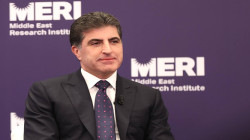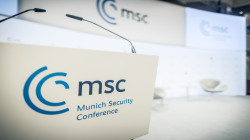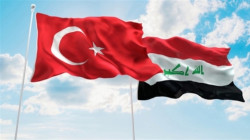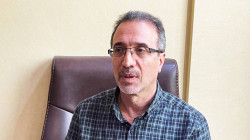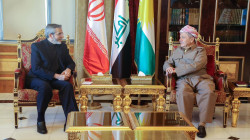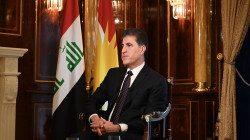A Bridge Builder: President Barzani’s diplomatic influence in Erbil-Tehran relations
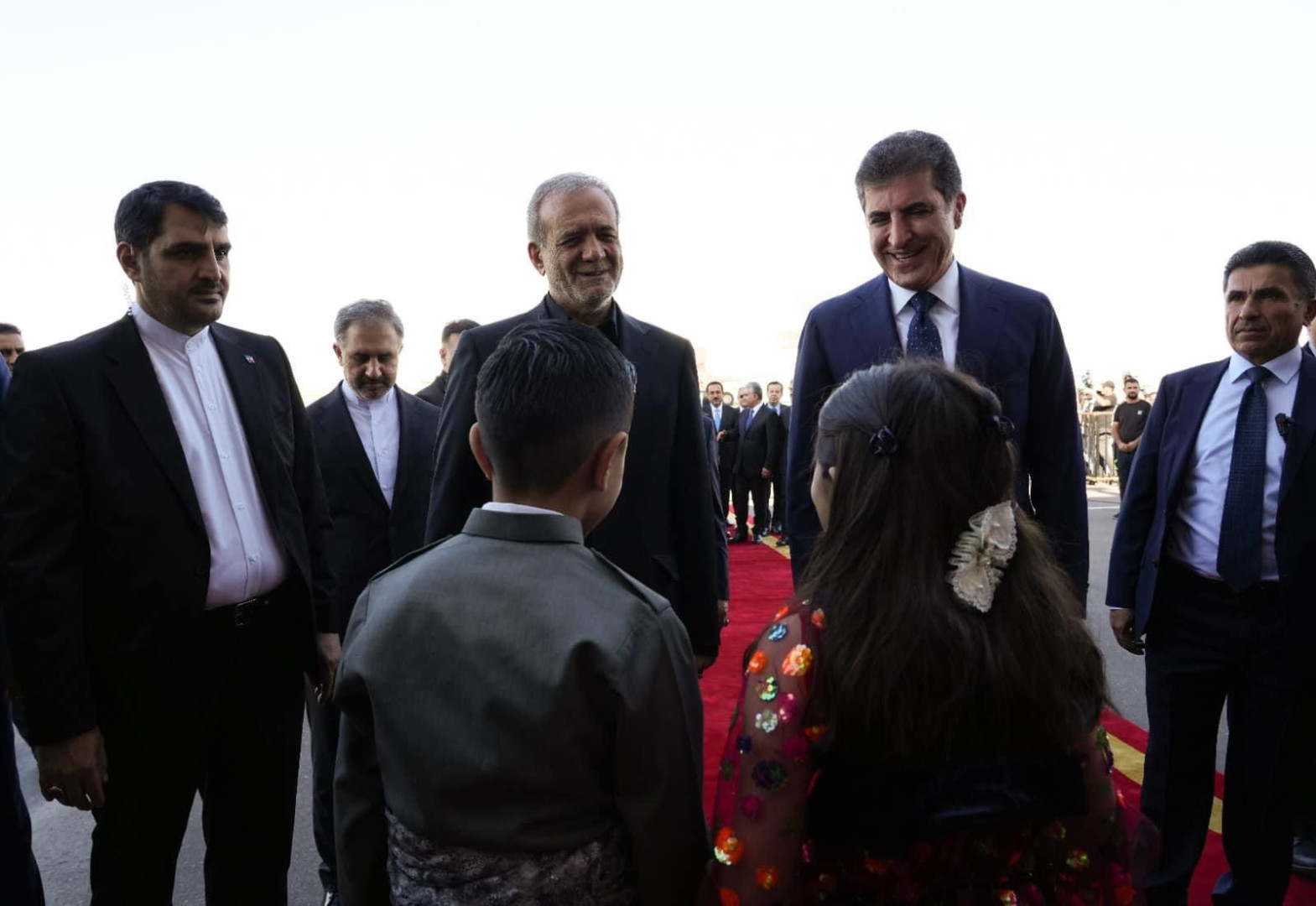
Shafaq News/ Iranian President Masoud Pezeshkian's visit to Erbil is seen as a notable result of the enduring diplomatic efforts by Kurdistan Region President Nechirvan Barzani.
President Barzani’s extensive engagement with Iran has been crucial in smoothing relations and addressing gaps, even amid periods of heightened tension. His diplomatic acumen has been key in resolving disputes and enhancing communication between the two sides.
Navigating the intricate political dynamics among Tehran, Baghdad, Erbil, and Ankara presents a formidable challenge. Barzani’s adept management of these relationships underscores his exceptional leadership and deep understanding of the region’s complexities.
Barzani’s Visits to Iran
Over the past decade, Barzani has made at least six visits to Tehran. His most recent visit was in July, where he attended the inauguration ceremony of President Pezeshkian. Prior to that, on May 22, he participated in a condolence ceremony for the late Iranian President Ebrahim Raisi. This visit followed an official trip on May 8, marking his first visit since the Iranian bombing of Erbil earlier in 2024, which had strained relations. Iranian leaders, including Supreme Leader Ayatollah Ali Khamenei and then-President Raisi, welcomed him warmly. These visits were not merely symbolic; they paved the way for concrete diplomatic outcomes.
Strained yet Balanced Relations
Despite Barzani's successes, challenges remain. Ayatollah Khamenei has historically viewed the Kurdish government’s pro-US stance with skepticism, and the Kurdistan Democratic Party (KDP), which Barzani represents, often clashes with Iran’s allies in Iraq. Nonetheless, under Barzani’s leadership, Iran and the Kurdistan Regional Government (KRG) have sought to address Iraq’s political disputes and strengthen their ties.
Observers note that Barzani's visits played a role in advancing the security agreement signed between Baghdad and Tehran last year, particularly concerning border control and the relocation of Iranian Kurdish opposition militants away from the shared borders to distant camps. This step has undoubtedly contributed to fostering greater trust between Tehran, Erbil, and Baghdad, while also enhancing the sense of safety and stability felt by the citizens of the Kurdistan Region. Iranian analysts have placed Nechirvan Barzani's visits within the context of "opening a new chapter" in relations between Erbil and Tehran, in an effort to move past previous disputes.
Significance of Pezeshkian’s Visit
As the third reformist president of Iran, Masoud Pezeshkian has prioritized a foreign policy centered around improving relations with neighboring countries and re-engaging with the West, particularly in the context of ongoing nuclear negotiations. His emphasis on fostering regional stability aligns closely with the strategic interests of the Kurdistan Region, where security and economic cooperation with Iran are crucial.
For Erbil, Pezeshkian's openness towards mending ties with the West could present new opportunities for trade and investment, while also easing tensions along the Iran-Iraq border. This shift in policy offers a conducive environment for President Nechirvan Barzani’s diplomatic efforts to strengthen Kurdistan’s ties with Tehran. By aligning with Pezeshkian's broader goals, Barzani can further position the Kurdistan Region as a key player in regional diplomacy, particularly as Iran seeks to stabilize its borders and resolve internal disputes with Kurdish opposition groups.
Pezeshkian’s reformist agenda may also signal a period of increased cooperation between Baghdad, Erbil, and Tehran. Given Barzani’s proven diplomatic skills in navigating these complex relationships, he is well-positioned to leverage Pezeshkian's vision for closer regional ties to advance Kurdistan’s political and economic objectives. This could lead to enhanced security agreements, improved trade routes, and a stronger role for the Kurdistan Region in facilitating dialogue between Iran and other Western powers.
